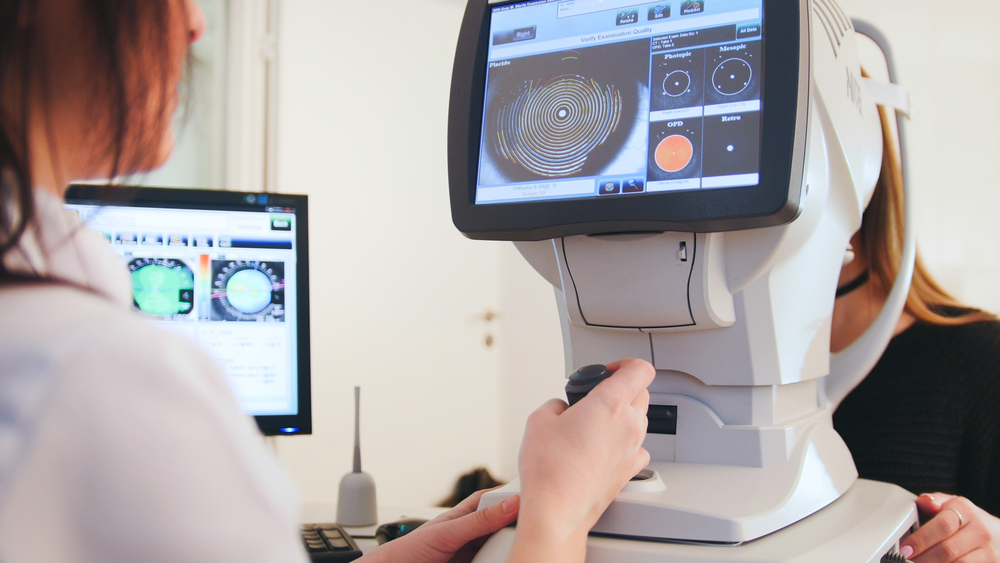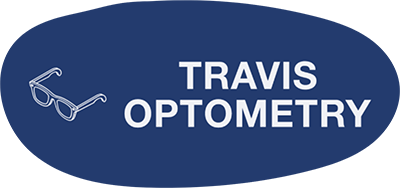
Taking care of your eyes is about more than just updating your glasses or contacts. While most people are familiar with the idea of getting an annual eye exam, few realize there are important differences between regular eye care and medical eye care. Knowing which type of exam you need can help protect your vision and keep your eyes healthy for years to come.
What Is Medical Eye Care?
Medical eye care is focused on diagnosing, treating, and managing diseases and conditions that affect your eyes and visual system. This type of care addresses specific medical concerns, such as:
• Red or painful eyes
• Sudden vision loss or changes
• Eye infections
• Dry eye disease
• Glaucoma
• Diabetic eye disease
• Macular degeneration
Medical eye exams are typically prompted by symptoms, ongoing conditions, or eye emergencies. These exams often include specialized testing, such as visual field testing, retinal imaging, or intraocular pressure measurements. If you’re experiencing a new or sudden problem with your eyes, facing an eye emergency, or have a known eye disease, you need medical eye care.
What Is a Comprehensive Eye Exam?
A comprehensive eye exam, sometimes called a routine or regular eye exam, is an in-depth evaluation of your overall eye health and vision - even if you don’t have any symptoms. These exams are designed to:
• Check your vision and determine your eyeglass or contact lens prescription
• Assess the health of your eyes, inside and out
• Detect early signs of eye disease, often before symptoms appear
During a comprehensive exam, Dr. Travis Bals will take a detailed health and vision history, measure your visual acuity, and examine your eye structures. Even if you feel your vision is perfect, annual comprehensive eye exams are essential for maintaining long-term eye health.
Key Differences Between Medical and Comprehensive Eye Exams
The main difference comes down to the reason for your visit and your eye health needs:
• Medical Eye Exam: Focuses on diagnosing or managing an existing eye condition or sudden symptom. It’s often billed through your medical insurance.
• Comprehensive Eye Exam: Provides a thorough checkup of your eyes and vision, typically when you have no immediate concerns. This type of exam is often billed through vision insurance.
In some cases, both types of care may overlap. For example, a comprehensive exam could reveal an underlying medical problem that requires ongoing treatment.
Experience Expert Eye Care at Travis Optometry
At Travis Optometry, Dr. Travis Bals and his team offer both comprehensive and medical eye care to patients in Scottsdale and surrounding communities. Whether you need a routine eye exam to keep your vision sharp or specialized care for an eye disease, Dr. Bals combines advanced diagnostic technology with a personalized approach for every patient.
Ready to schedule your comprehensive eye exam or need expert care for a medical eye concern? Contact Travis Optometry in Scottsdale, Arizona, by calling (480) 401-5913 to book your appointment today.





